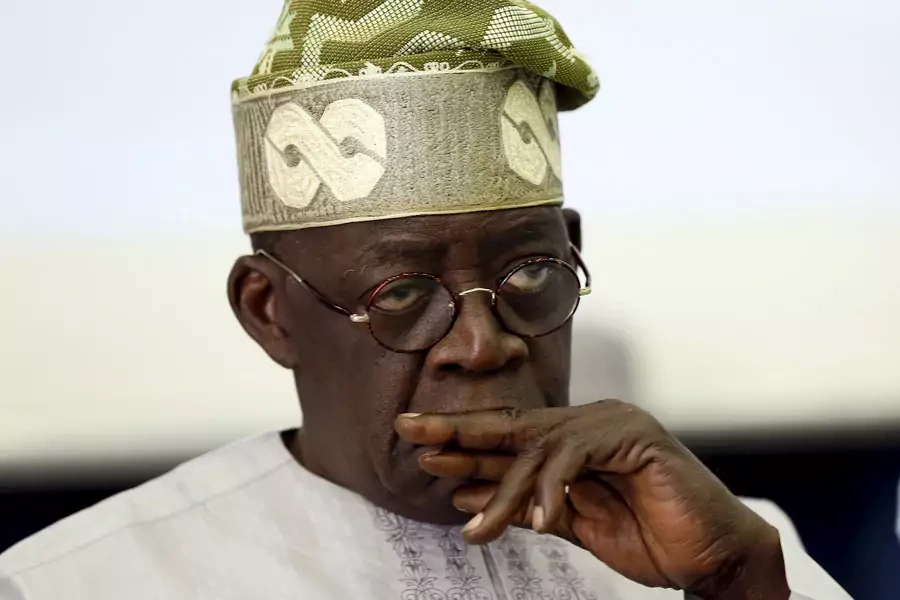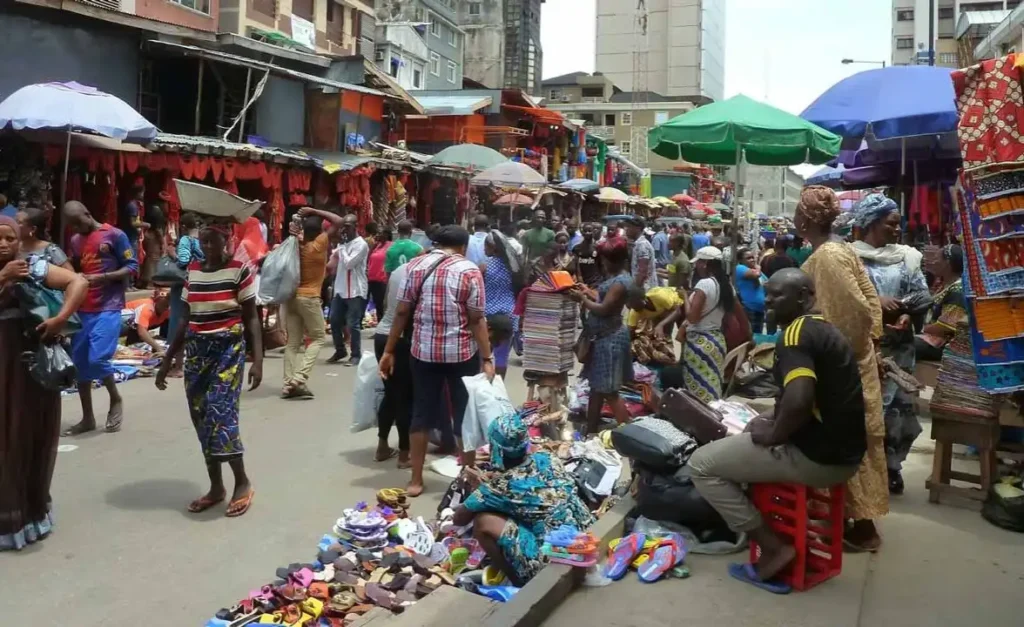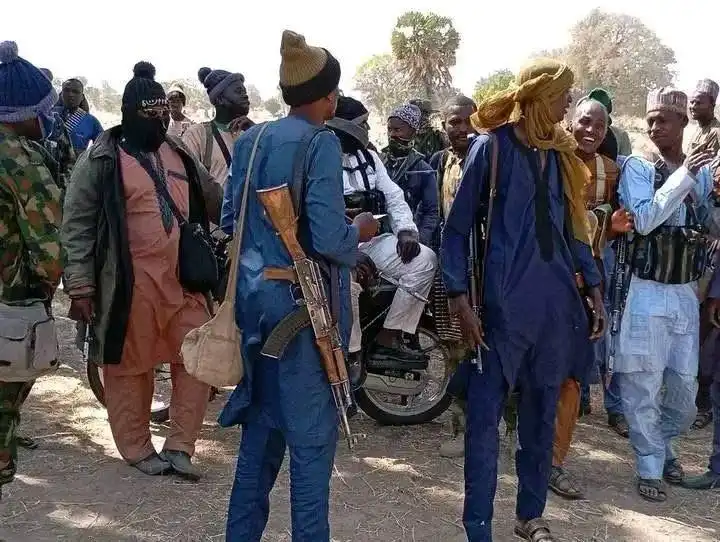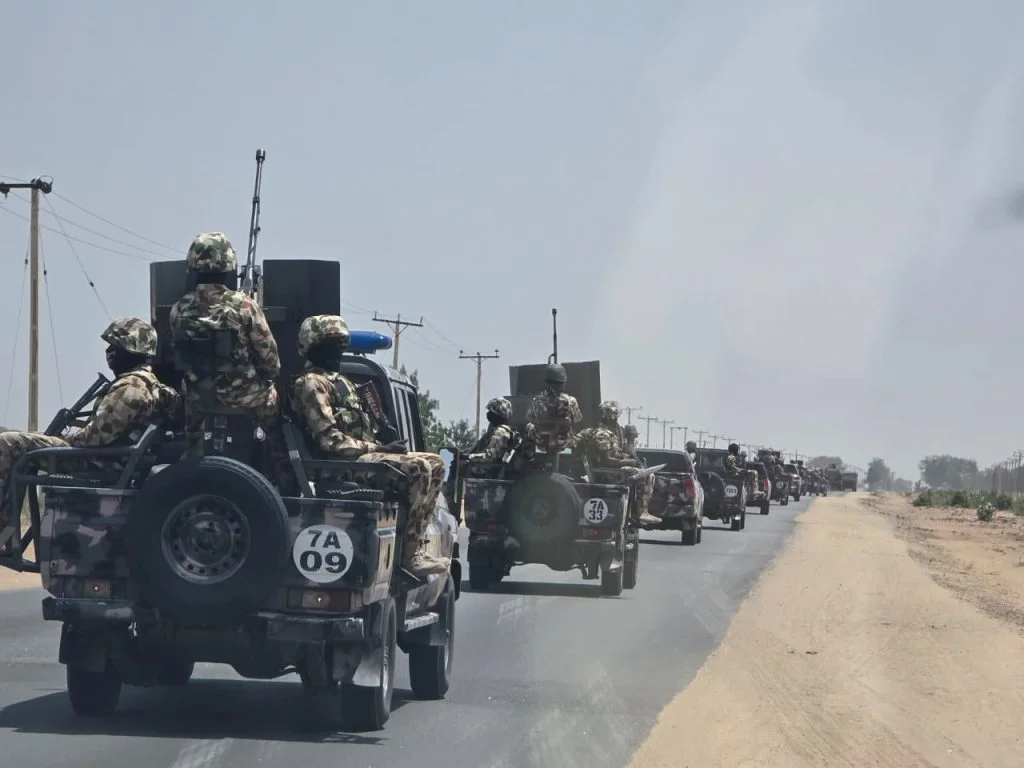When President Bola Ahmed Tinubu declared that the creation of state police was no longer a matter of “if” but “when,” many Nigerians cheered. After all, insecurity has stalked the nation for decades, from bandits in the North-West to kidnappers on highways and cult groups in the South. On the surface, bringing policing closer to communities looks like common sense.
But not everyone is celebrating. The Northern Progressive Elders Group (NPEG) fired a chilling warning: State police won’t protect Nigerians, it will protect politicians. In their eyes, this move isn’t reform. It’s an invitation to chaos.
Why The Elders Are Ringing The Alarm
The elders argue that Nigeria’s political culture is too toxic, too partisan, and too vindictive for governors to control armed forces responsibly.
Today, we already see accusations of federal police being weaponized against opposition figures. Now, imagine 36 governors each with their own loyal police squads, funded from state coffers, answering to no one but the man in power.
To the elders, this isn’t decentralization. It’s legalized political thuggery.
Could Governors Become Warlords?
History offers reasons for fear. In states like Rivers, Kaduna, and Lagos, security has often been drawn into political rivalries.
Protests get suppressed, rallies get blocked, opponents complain of intimidation. If that’s happening under a national force with some (though imperfect) checks, what happens when governors hold the leash?
The nightmare scenario is simple: Nigeria doesn’t get state police, it gets state militias. Each one loyal, not to the people, but to the ruling elite of that state.
Reform Or Recipe For Anarchy?
Supporters of Tinubu’s plan insist that state police will bring faster responses, better intelligence, and accountability. They argue that insecurity is too local for Abuja to manage.
Also Read: Peter Obi Knocks President Tinubu Over Europe Vacation
But the elders counter with a hard truth: security without justice is oppression. Unless Nigeria first fixes its rule of law, judicial independence, and oversight systems, decentralising policing won’t solve insecurity — it will only decentralise abuse.
A Crossroads Moment
The Northern elders’ caution is not a blanket rejection of reform. It’s a plea for patience, structure, and safeguards. Strengthen the judiciary, professionalise the federal police, and establish strong oversight first, then consider state policing.
President Tinubu calls state police “inevitable.” The elders call it “dangerous.” Between inevitability and danger lies Nigeria’s biggest question: will state police secure Nigerians, or secure politicians?






